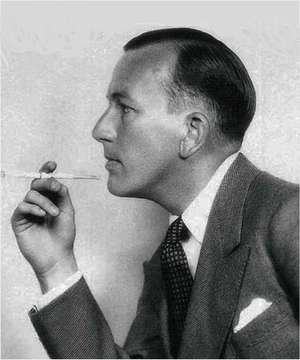
“Some are born great, some achieve greatness, and some have greatness thrust upon them.”

If that sentence doesn’t make a great song lyric, Mr Shakespeare can be forgiven, because songwriting was not his forte, although he appears to have done okay in his chosen profession as dramatist and occasional poet. While his talent is beyond dispute, there are countless others in the arts whose works have not won such critical acclaim, or indeed have never seen the light of day. There are very prosaic reasons for this. If you are the best snooker player in the world, all you have to do is enter a tournament and win it. If you win tournament after tournament, you will eventually become world champion. Likewise a boxer who keeps knocking down everyone they put in front of him will eventually be recognized as world champion. If you were to run a marathon in record time, you would achieve overnight fame, and your repetition of this feat would quickly secure your fortune. What though if you were the best sculptor, the best poet, or the best songwriter?
The reality is that without luck, connections or wealth, very likely you would die in anonymity. At least that was the scenario until the advent of the Internet, and more especially of YouTube and other social media websites.
Two of the greatest popular songwriters of the 20th Century rose to fame through luck and hard work. Irving Berlin was a singing waiter in a New York dance hall when he was asked to write some lyrics for a dialect song. Marie From Sunny Italy was truly awful, but it launched his career.
Noël Coward (pictured) was a child actor whose first attempts at songwriting – again as lyricist – were likewise anything but inspiring, but in 1924 he scored a massive hit with his play The Vortex on both sides of the Atlantic, and used this as a springboard to bigger and greater things. Neither Berlin nor Coward had any formal training in music, and Berlin could infamously play only the black notes of the piano, using a special device to change key. The world would have been infinitely poorer if these two giants had been discouraged by their initial efforts, and had given up.
The 1960s saw a veritable explosion of popular music on both sides of the Atlantic, following on from the evolution of rock ’n’ roll in the US, much of which was due to one man, Chuck Berry. The 60s and 70s in particular saw record companies investing enormous sums of money in rock bands, progressives and singer-songwriters. Although groups like the Beatles and the Rolling Stones paid their dues, most musicians were lucky to have been around at that time.
While with the honorable exceptions many popular and especially rock musicians had and have little or no formal musical training, classical musicians have always by definition been trained formally, a training that does not guarantee commercial success. Traditionally, musicians were supported by patrons. Lutenist and composer John Dowland was patronized by monarchs in both Denmark and his native England. It was not until 1880 that the first municipal music college opened in the UK; this was the Guildhall School Of Music. While some rock musicians are classically trained, and some classical musicians have made the transition to rock, it is only fairly recently that academia has begun catering to rock and contemporary music. The United States in particular has many top music production schools that award degrees in everything from audio engineering and the history of popular music to digital recording and composition.
There is though another way forward for the aspiring songwriter and performer; that is of course the Internet. The success of Justin Bieber is due in large part to cyberspace, indeed it is probably not possible to succeed in the modern world of music without some sort of Internet presence. Two of the earliest acts to “arrive” thanks entirely or almost entirely to the Internet were the Arctic Monkeys and Sandi Thom, but even this is hit and miss.
There are still those who prefer the traditional route though; the Essex town of Brentwood, population circa 50,000, is home to two talented young female singer-songwriters: Pixie Lott and Dani Clay. Child actress Lott attended the Italia Conti – the same drama school as the legendary Noël Coward. She appears too to have had a similar lucky break, and at only 23 is already a name. On the other hand, Dani Clay is still playing the London pub circuit at 32, although she has achieved limited fame, has worked in the States, and is a regular on local radio.
Will Dani Clay eventually achieve the same sort of success as Pixie Lott or Sandi Thom? Only time will tell, one thing is for certain though: every singer-songwriter, indeed every artist in any field has opportunities now that were available only to the privileged few of earlier generations. If you are reading this you can almost certainly find the wherewithal to bring your work to a potential worldwide audience in the tens or hundreds of millions. That is something even John Dowland would have envied while he was humping his lute between the courts of Europe singing the praises of his royal patrons.
[The above article was published originally by Yahoo! Voices, May 9, 2014.]
Back To Yahoo! Voices Index